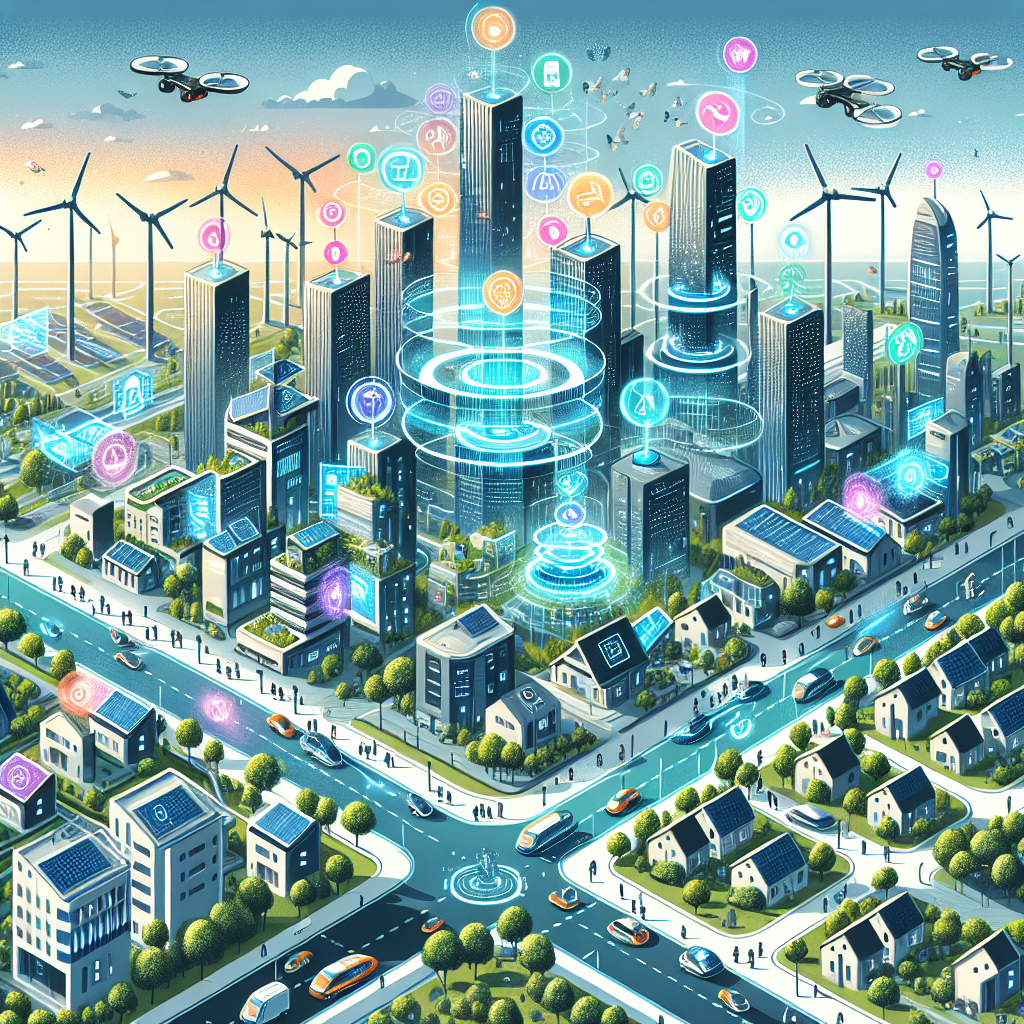[ad_1]
Introduction
In an era defined by rapid technological advancements, cities around the globe are transitioning to smart cities to improve urban living through the integration of AI-powered applications. This article explores the various applications of Artificial Intelligence (AI) and how they are transforming urban environments.
The Concept of Smart Cities
Smart cities leverage technology, data, and intelligent systems to enhance urban services and infrastructure. They aim to:
- Enhance the quality of life for residents.
- Optimize resource management.
- Reduce environmental impact.
Key Features of Smart Cities
- Infrastructure Automation
- Data-Driven Decision Making
- Integrated Public Services
- Citizen Engagement and Participation
AI Applications in Smart Cities
AI technology powers a myriad of applications that contribute to the smart city framework. Below are some critical AI integrations:
1. Intelligent Traffic Management
AI algorithms analyze real-time traffic data to optimize traffic flow, reduce congestion, and improve road safety.
- Dynamic traffic signal control
- Predictive traffic modeling
- Accident prediction systems
2. Smart Waste Management
Utilizing AI in waste management systems enhances efficiency through:
- Real-time monitoring of waste levels in bins
- Route optimization for garbage collection
- Resource recovery and recycling analysis
3. Energy Management Systems
Smart grids powered by AI can optimize energy distribution and consumption, leading to improved energy efficiency.
- Load forecasting
- Demand response systems
- Distributed energy resource management
Data Insights and Case Studies
Data is the backbone of smart city initiatives. Below is an interactive table showcasing some key data insights from various cities:
| City | Population | AI Application | Benefits |
|---|---|---|---|
| Barcelona | 1.6 million | Smart Lighting | Energy savings of 30% |
| Singapore | 5.7 million | Smart Traffic Management | Reduced congestion by 25% |
| Los Angeles | 4 million | Waste Management | Cost reduction of $30 million |
Challenges in Implementing AI in Smart Cities
While the benefits of AI are substantial, cities face challenges such as:
- Data Privacy and Security:
- High Initial Investment Costs:
- Integration with Existing Systems:
Conclusion
The integration of AI-powered applications into smart cities promises to enhance quality of life, improve operational efficiencies, and foster sustainable urban development. While challenges remain, continuing advancements in technology and proactive governance will pave the way for smarter urban environments.
FAQ
[ad_2]
